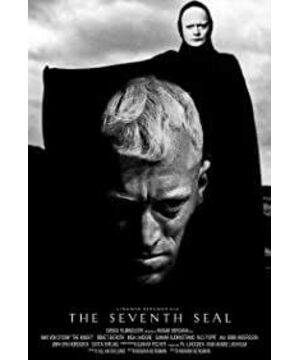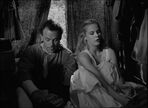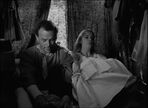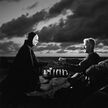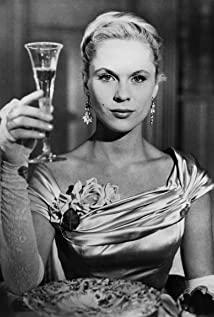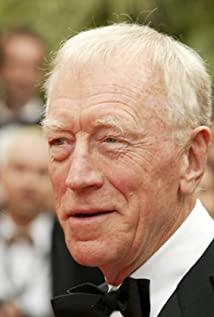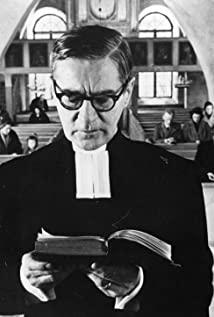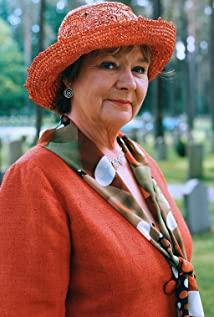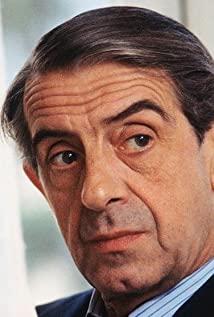Combine the Crusades, the Black Death, the religious processions of asceticism, the slaughter of witches, and the greed, hatred, and greed of each other into one moment. In fact, in every life and every story, death is everywhere, but it is embodied in this film. Death has no secrets, the only secret is its unexpected arrival. The knight represents the modern man's search for certainty and knowledge, the ultimate truth of life and the authenticity of existence. The knight was physically ready to die, but his mind was not, as the killing drew him into deeper suspicion. Religion is just a line of thought, so after crossing the dead end of this passage, he finds meaning and divinity in the world. God, Satan, and witches cannot reveal to him the ultimate answer to existence and nothingness. The only certainty is that death will come. Follower Jones is not only the metaphysical incarnation of killing God, but also a superman who masters the master's morality, preventing the dumb girl from saving the priest and preventing or replacing God from appearing. Wild strawberries and fresh milk symbolize that love can counteract part of the threat of death, and the Joseph family is endowed with the fate and temperament of Noah and the Virgin at the same time. But women are always seen as Mother Earth, or objects of desire, sex, or the person of anomie, such as witches and mutes. Bergman himself likes this work very much, but there is no reason for it. Perhaps its charm lies in the uncertainty between God's silence and God's death. God's death is not rigid. Dai Jinhua is right, to understand this work requires (not only) understanding of Catholic history, but also an understanding of the existential/nothingness puzzle shrouded in the post-World War II nuclear threat.
View more about The Seventh Seal reviews


